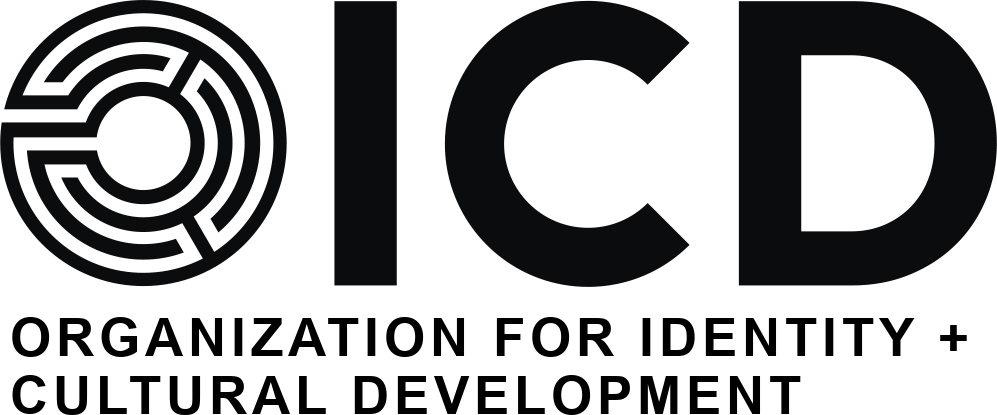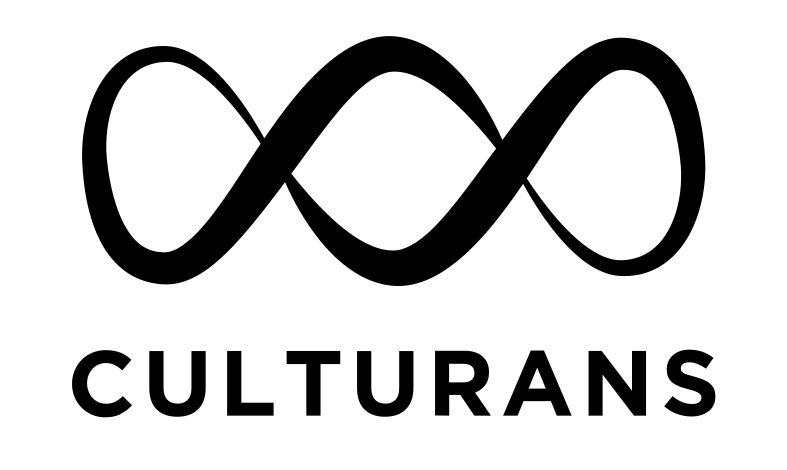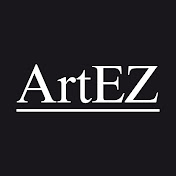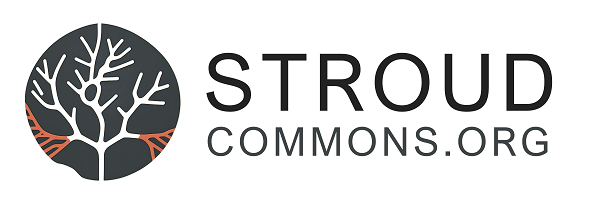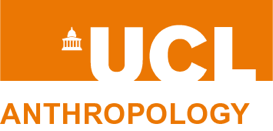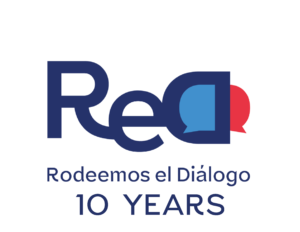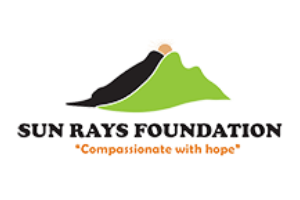Understand Identity and Culture
Transform Self and Society
Frameworks and tools for navigating complex social and psychological landscapes
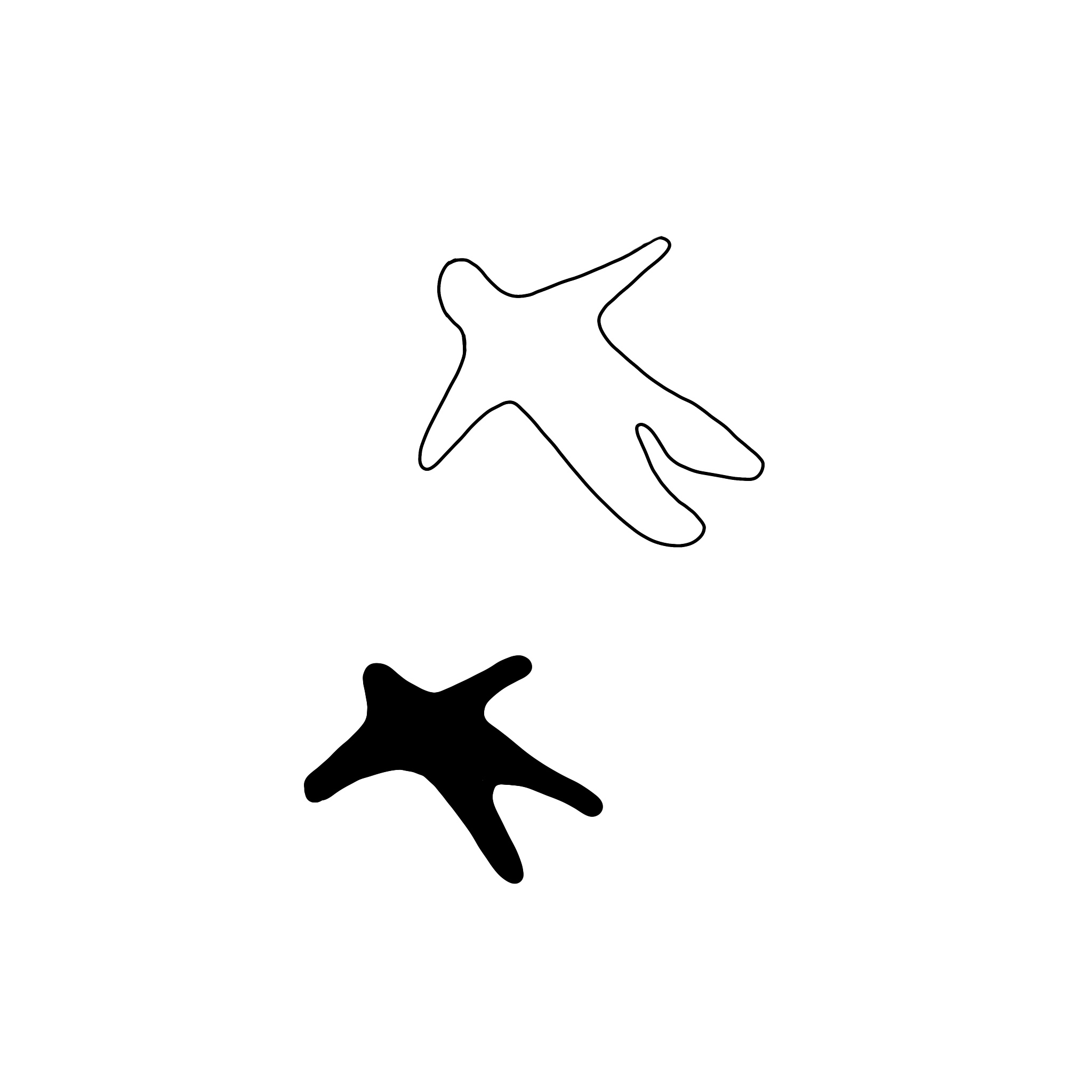
Featured Resources
- 📚 OICD Toolkit - Practical tools and frameworks
- 📖 Researcher Handbook - Research methods and guidelines for practitioners
- 🔍 AI-assisted Counter-disinformation Tools - Advanced analysis capabilities
Learn more
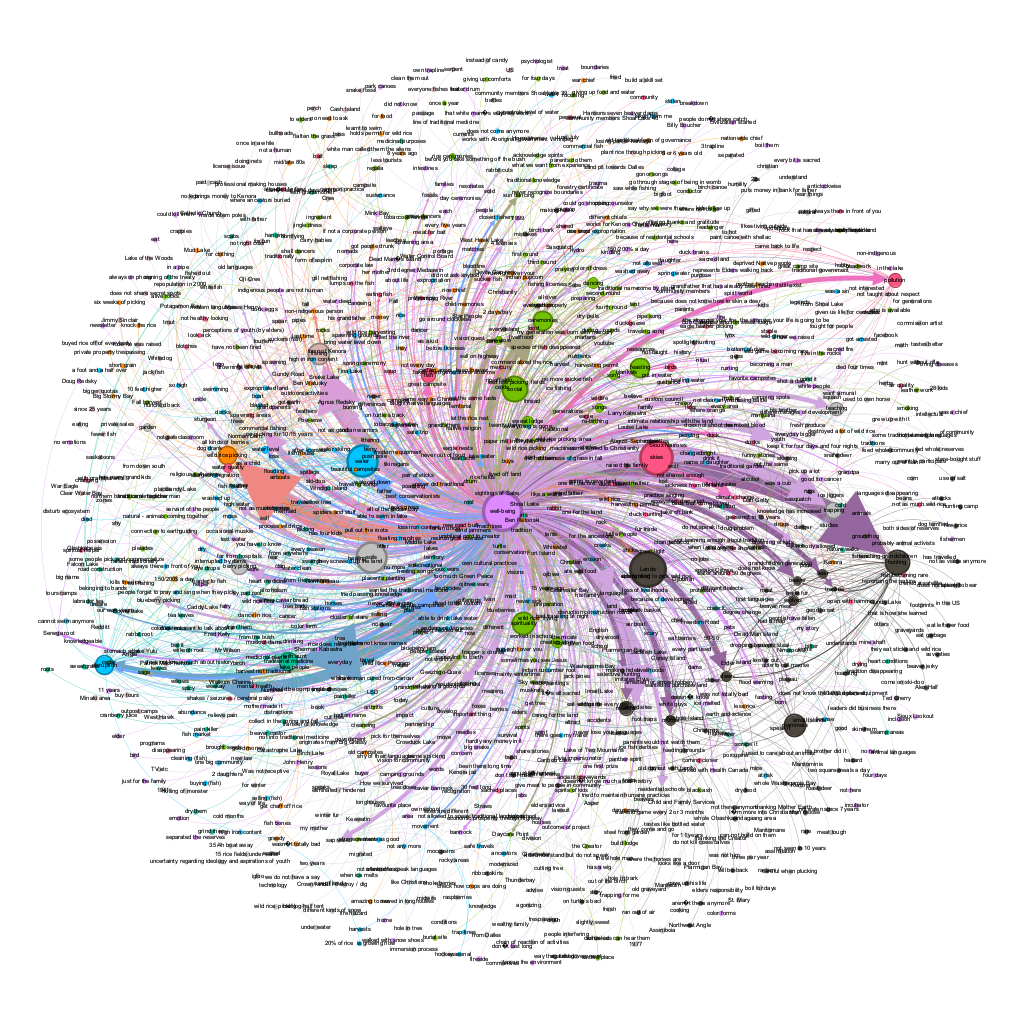
Explore our
Areas
of
Impact
Education, Arts & Culture
Shaping the future we want
We unlock the power of identity awareness in learning and creative expression to foster deeper understanding and connection. Our work helps:
- Enrich cultural dialogue
- Enhance creative and social impact
- Transform learning environments
- Bridge cultural divides
Learn more
Social Cohesion & Communities
Building the societies we want
We reveal pathways to stronger community bonds and shared understanding. Our work helps:
- Build lasting connections
- Strengthen social fabric
- Enhance mutual understanding
- Create shared futures
Learn more
Self Development & Relationships
Nurturing the lives we want
We provide tools to understand and transform how identity shapes personal growth. Our work helps:
- Deepen self-awareness
- Strengthen relationships
- Build personal resilience
- Expand life possibilities
Learn more
Conflict, Polarization & Violent Extremism
Fostering the world we want
We reveal the hidden identity dynamics driving conflict and division, enabling effective prevention and intervention. Our work helps:
- Transform destructive identity patterns
- Build community resilience
- Prevent identity-based manipulation
- Create pathways to reconciliation
Learn more
Human Rights, Equity, Advocacy & Health
Establishing the norms we want
We transform how services and advocacy initiatives engage with identity to increase impact. Our work helps:
- Improve service accessibility
- Enhance engagement
- Strengthen advocacy
- Advance equity
Learn more
Organizational Identity & Cultural Development
Cultivating the institutions we want
We help organizations harness identity dynamics to build stronger, more inclusive cultures. Our work helps:
- Strengthen organizational cohesion
- Enhance collaboration
- Drive inclusive innovation
- Build cultural resilience
Learn more
IDENTITY AND CULTURE HELP US TO MEET OUR DEEPEST NEEDS
Each one of us has many different stories we tell about ourselves and these stories help meet our deepest universal human needs, like our need for belonging and love or self-esteem and status.
Building the foundations for
equality,
citizenship
and
Cohesion
WHO WE ARE
OICD is a not-for-profit organization working to bridge academic research and practice. We provide our expertise to conflict transformation, community building, social work, education, and other social good and justice sectors where understanding identity is critical in resolving deep-rooted problems.The OICD is independently funded and non-partisan.

Our Mission
At OICD, we challenge harmful tribalism and view humanity as a result of great collective imagination and cooperation. We believe 'us' versus 'them' divisions at the root causes of persecution, discrimination, inequality, violence, and climate change are preventable and reversible.

Our Approach
EMIC is a multi-disciplinary evidence-based method designed to work with human identities to solve problems and generate cohesive cultures within which individuals and groups can thrive.

Our Services
A diverse range of organizations have partnered with us to address complex identity and cultural challenges within their own structures and the contexts they serve.
Through our collaboration, organizations have experienced measurable improvements in team cohesion, stakeholder engagement, and inclusive practices.
Our partnerships span multiple sectors, including organizations focused on conflict transformation, community development, countering extremism, addressing polarization and disinformation, climate advocacy, and digital identity. We also deliver specialized training programs for educators designed to build student identity resilience and literacy.
In collaboration with UNESCO and other international bodies, our evidence-based methodologies and resources support civil society organizations worldwide addressing critical issues such as identity-based conflict, social exclusion, and community division.
